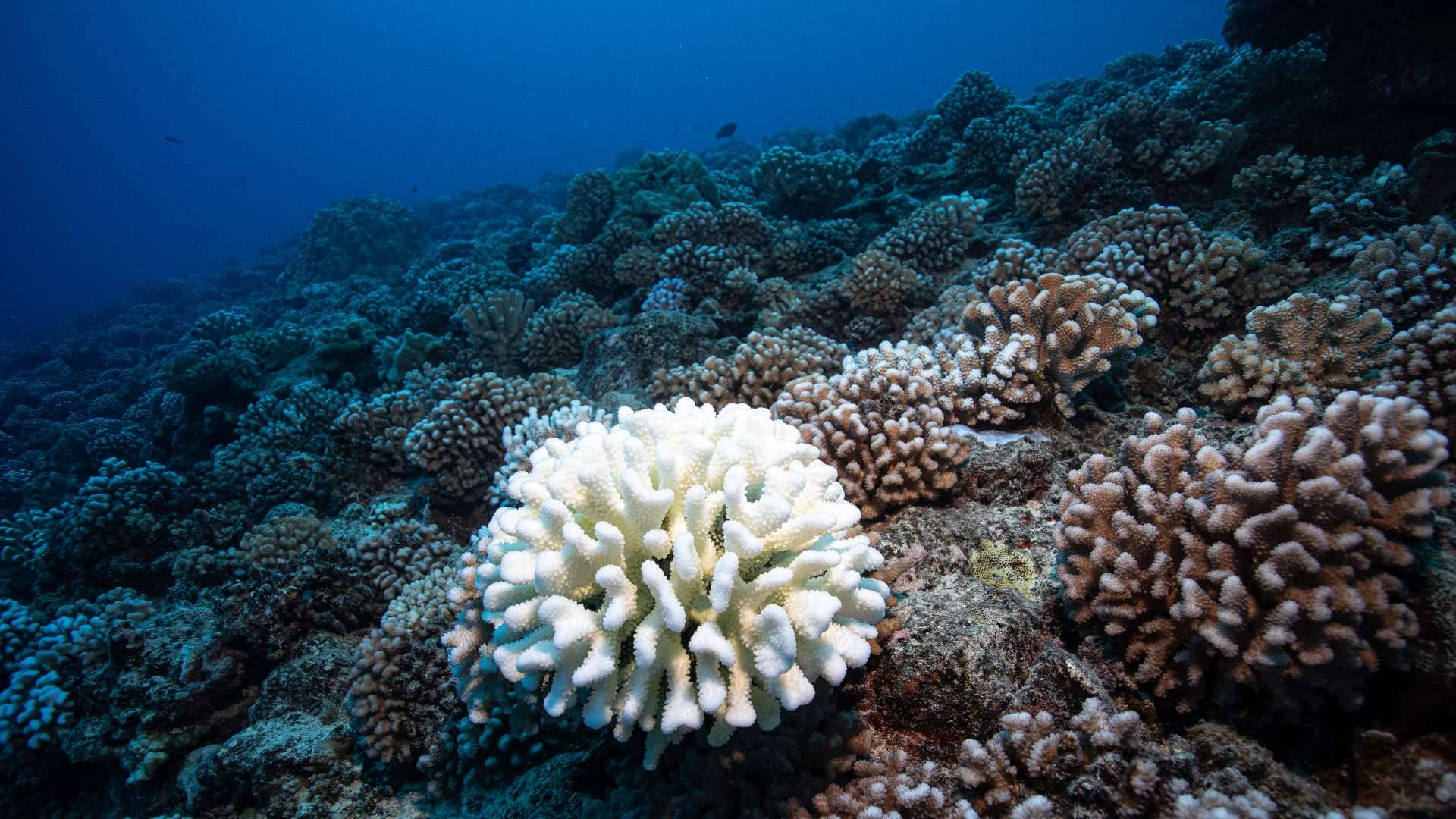
Ocean as Carbon Sink
ARTICLES | Jun 07, 2023
The oceans aren't just vast saltwater bodies covering 71% of the earth's surface. They’re also huge ecosystems with over 2.2 million species and the world’s largest carbon sink.
Oceans play a vital role in helping the planet absorb up to 90% of the heat and energy from greenhouse gases such as carbon dioxide. That’s 50 times more the atmosphere. Biological storage and management processes include carbonization, photosynthesis by phytoplankton. But there are negative side effects for the ocean such as warming water, melting polar ice, rising sea levels, marine heat waves, ocean acidification. These phenomena will affect biodiversity and, in the long term, human life.
By 2100 up to 50% of net habitat for marine life will disappear. A sea level rise of at least 50 cm by 2050 will put over 800 million people in 570 coastal cities at risk from flooding. Damage to the global economy will total up to 1 trillion US dollars.
Scientists are trying to understand how the oceans and climate are linked. Efforts are being made to determine whether the oceans can continue to act as a carbon sink. The climate crisis is becoming more serious. The ocean mightn’t be able to absorb any more carbon dioxide. Global warming may intensify even further.
How will efforts to remove carbon pollution from land and oceans impact carbon cycles and ocean ecosystems? What technologies or innovations could help tackle the risks associated with ocean carbon in the medium and long term?
Finding a clear balance between protecting and using the oceans as a carbon sink is an important national and international issue. The UN Ocean Decade Kickoff Conference for Western Pacific and its Adjacent Areas 2021-2030 and Ocean Decade are aiming to understand and solve these environmental problems.
Read more: Tales of the Ocean Color https://www.futuretaleslab.com/articles/talesofocean
Implications for the future:
- Carbon offset with trading of carbon credits or carbon rights from environmental projects such as clean energy or reforestation can restore balance to the global climate and become a popular business model.
- Setting ceilings for reducing and allocating greenhouse gas emissions (Cap and Trade) will be discussed more to prevent large companies or developed countries from spending money to offset carbon emissions without a real interest in sustainable management.
- Cross-border risk management and pollution management will be given greater importance in future international relations.
- Geoengineering will be in great demand to find solutions to the climate crisis at the macro level.
Reference:
- How is climate change impacting the world’s ocean https://www.un.org/en/climatechange/science/climate-issues/ocean-impacts
- Climate change disrupts core habitats of marine species https://doi.org/10.1111/gcb.16612
- Sea Level Rise and Coastal Flooding https://www.c40.org/what-we-do/scaling-up-climate-action/adaptation-water/the-future-we-dont-want/sea-level-rise
- Into the Blue: The Role of the Ocean in Climate Policy https://doi.org/10.18449/2023C12
- Ocean surface tipping point could accelerate climate change https://www.sciencedaily.com/releases/2023/03/230303105401.htm
- Phytoplankton https://climate.mit.edu/explainers/phytoplankton
Want to know more about us, click https://www.facebook.com/FutureTalesLABbyMQDC and https://www.blockdit.com/futuretaleslab











